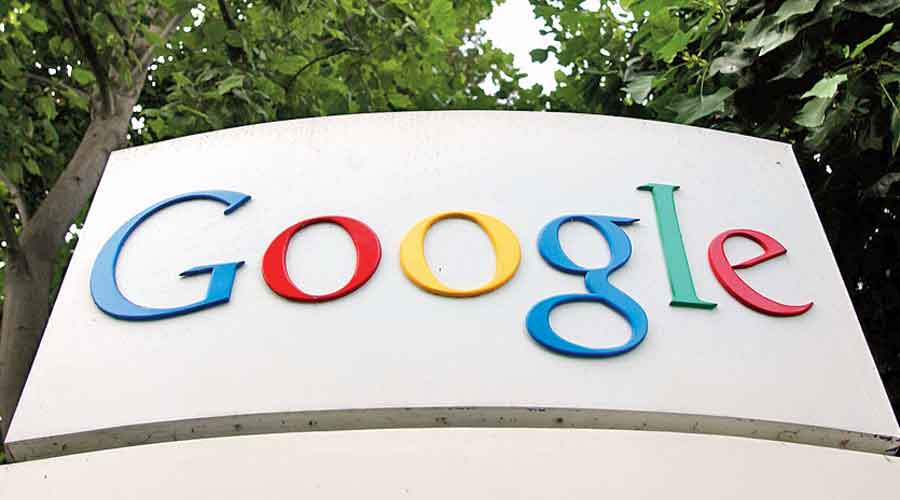US-based Google LLC has contended that India’s new IT rules for digital media are not applicable to its search engine, and urged the Delhi high court on Wednesday to set aside its single-judge order which applied them on the company while dealing with an issue related to the removal of offending content from the internet.
The single judge’s decision had come while dealing with a matter in which a woman’s photographs were uploaded on a pornographic website by some miscreants and despite court orders the content could not be removed in its entirety from the World Wide Web and “errant parties merrily continued” to repost and redirect it to other sites.
A bench of Chief Justice D. N. Patel and Justice Jyoti Singh issued notices to the Centre, the Delhi government, Internet Service Providers Association of India, Facebook, the pornographic site and the woman, on whose plea the single judge’s ruling had come, and sought their responses to Google’s plea by July 25.
The court said it was not going to issue any interim order at this stage after Google told the bench that it was an intermediary, but not a social media intermediary, and sought protection against any coercive action for non-compliance of the template or guidelines laid down by the single judge.
The global technology giant had also sought removal of the observation by the single judge that it was a social media intermediary.
Google contended that the single judge, in his April 20 judgement, “mischaracterised” its search engine as a “social media intermediary” or “significant social media intermediary” as provided under the new rules.
“The single judge has misinterpreted and misapplied the New Rules 2021 to the appellant’s search engine. Additionally, the single judge has conflated various sections of the IT Act and has passed template orders combining all such offences and provisions, which is bad in law,” it has said in its appeal.
According to the template framed by the single judge, when matters related to offending content come before a court and it is satisfied that an immediate redressal was required at the interim stage, it may issue a direction to the website where the objectional material is hosted to remove the same within 24 hours of receiving the judicial order.











